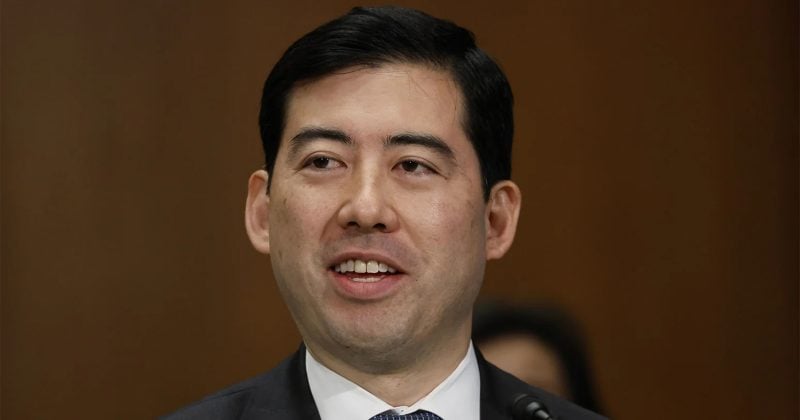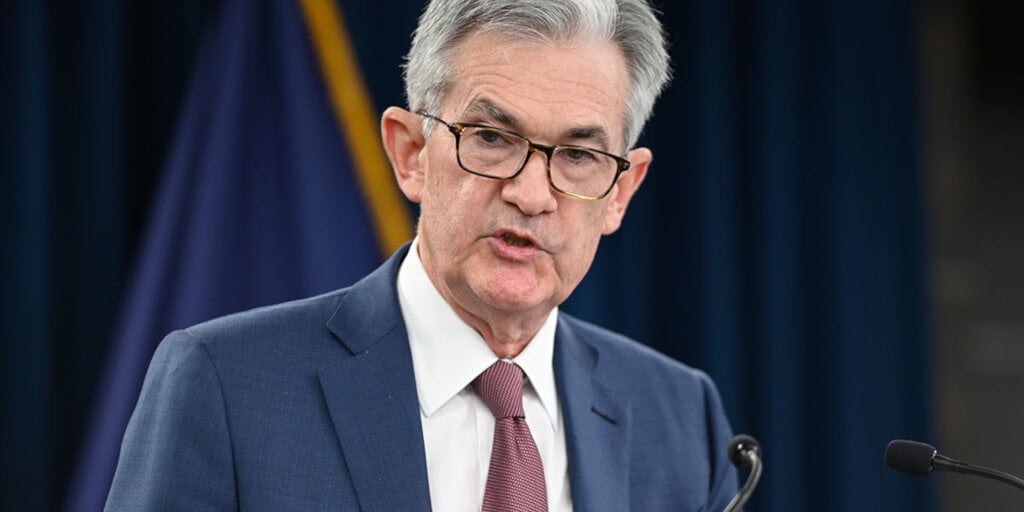The cryptocurrency market surged following Donald Trump’s victory in the 2024 United States presidential election, as many believe his win will have a significant impact on the industry. Cointelegraph Research recently published a report by HTX Ventures analyzing the factors contributing to Bitcoin and cryptocurrency’s role in the election. The report also examines how presidential elections could influence future policies, shape market expectations, and potentially impact crypto companies in the years ahead.
How crypto became a key issue this election season
Each year, the popularity of cryptocurrencies in the US increases. This year saw some of the most notable events in crypto history, making it one of the key topics of the election cycle. Several important issues brought cryptocurrencies to the forefront of debates and election campaigns.
The first one is the macro outlook, which shows some frustrating indicators. Current US fiscal policies may lead to a growing federal budget deficit, increasing the US federal debt. Widening budgetary deficits and debt burdens could risk disrupting financial markets. There are limited options to address such huge debt, and debt dilution through inflation may be the US government’s only way out of this plight.
Bitcoin (BTC) is deemed an effective tool to hedge against inflation, especially for the increasingly burdened working class. As a decentralized and scarce asset, it holds potential strategic significance in the face of debt and inflation pressures.
Stablecoins have become another reason for the growing popularity of cryptocurrencies. Although stablecoins were launched only 10 years ago, they are one of the top 20 holders of US Treasury securities, surpassing countries like Germany. This suggests that stablecoins have become integral to the US financial system by absorbing large quantities of Treasury securities, offering additional liquidity support for the economy.

The interest of voters in cryptocurrencies is unequivocally growing. A national survey conducted on Grayscale’s behalf by The Harris Poll showed that more than half of voters were more likely to vote for a candidate who was “informed about crypto” than one who was not.
At the same time, interest in cryptocurrency surged among voters in swing states. Since the 2020 election, two key battleground states expected to see intense competition, Pennsylvania and Wisconsin, had jumped to fourth and fifth in crypto search interest on Google.

The election’s impact on crypto
During the election campaign, Trump showed a strong interest in the digital asset industry, claiming his intentions were to make the US the “crypto capital of the planet and the Bitcoin superpower of the world.” He supported Bitcoin mining and pledged to protect self-custody rights. During his campaign, Trump even bought burgers for diners using Bitcoin. He also criticized the Securities and Exchange Commission’s hardline approach toward crypto, vowing to appoint a pro-crypto chair if reelected.
Trump made a series of crypto policy proposals, including creating a Strategic Bitcoin Stockpile, establishing a Crypto Presidential Advisory Council and barring the Federal Reserve from issuing a digital currency. Read more about these proposals in the full report.
Despite the optimistic promises made during the election campaign, their implementation may take many years or be canceled due to the high cost of implementation. Still, we can see that the election impacted the crypto market.
Prediction markets became one of the key beneficiaries of the election. Polymarket, the leader in this field, secured 80% of the volume from wagers on the presidential election. As an application developed in an onchain environment, Polymarket competes in traditional markets and holds the largest market share, which is extremely rare.
Polymarket established a stable base of initial users by offering a user-friendly market and a socially beneficial strategy without ethical controversies. This helped it achieve mainstream adoption. Moreover, Polymarket’s data has been extensively adopted by multiple mainstream media outlets, and even Bloomberg Terminal began incorporating Polymarket data into its panels in August. Other Web3 protocols noticed Polymarket’s success and launched their own betting instruments.
Apart from prediction markets, decentralized finance (DeFi) has the potential to enter the mainstream financial market due to favorable changes in the external environment. BTCFi stands out within DeFi as the easiest to build consensus and gain legitimacy, providing it with a stronger foundation and ensuring its sustained development. After Trump’s win, crypto companies developing BTC financial tools will be motivated and have access to a more relaxed regulatory environment, solidifying BTC’s position as a foundational asset.
Another promising change is that under a Trump administration, a clearer regulatory framework and a more relaxed environment will reverse the current trend of crypto companies fleeing the US and blocking US IP addresses. Meanwhile, according to Bloomberg, several crypto-related companies, including Circle Internet Financial, Kraken, Fireblocks, Chainalysis and eToro, may go public within the next few years, and other qualified crypto companies are also expected to pursue standard IPO procedures.
This article does not contain investment advice or recommendations. Every investment and trading move involves risk, and readers should conduct their own research when making a decision.
This article is for general information purposes and is not intended to be and should not be taken as legal or investment advice. The views, thoughts, and opinions expressed here are the author’s alone and do not necessarily reflect or represent the views and opinions of Cointelegraph.
Cointelegraph does not endorse the content of this article nor any product mentioned herein. Readers should do their own research before taking any action related to any product or company mentioned and carry full responsibility for their decisions.

 3 hours ago
7
3 hours ago
7






:quality(85):upscale()/2024/11/07/789/n/1922153/38527352672cff57bff864.87043841_.png)

 English (US) ·
English (US) ·